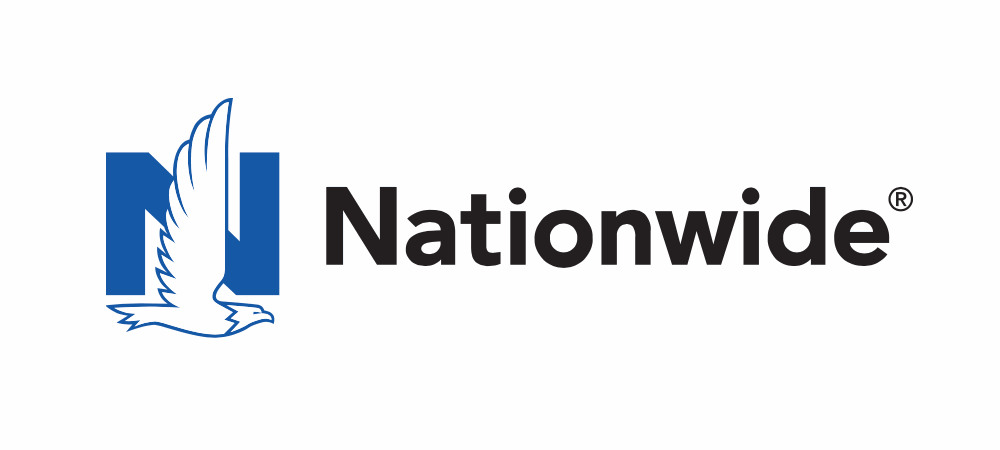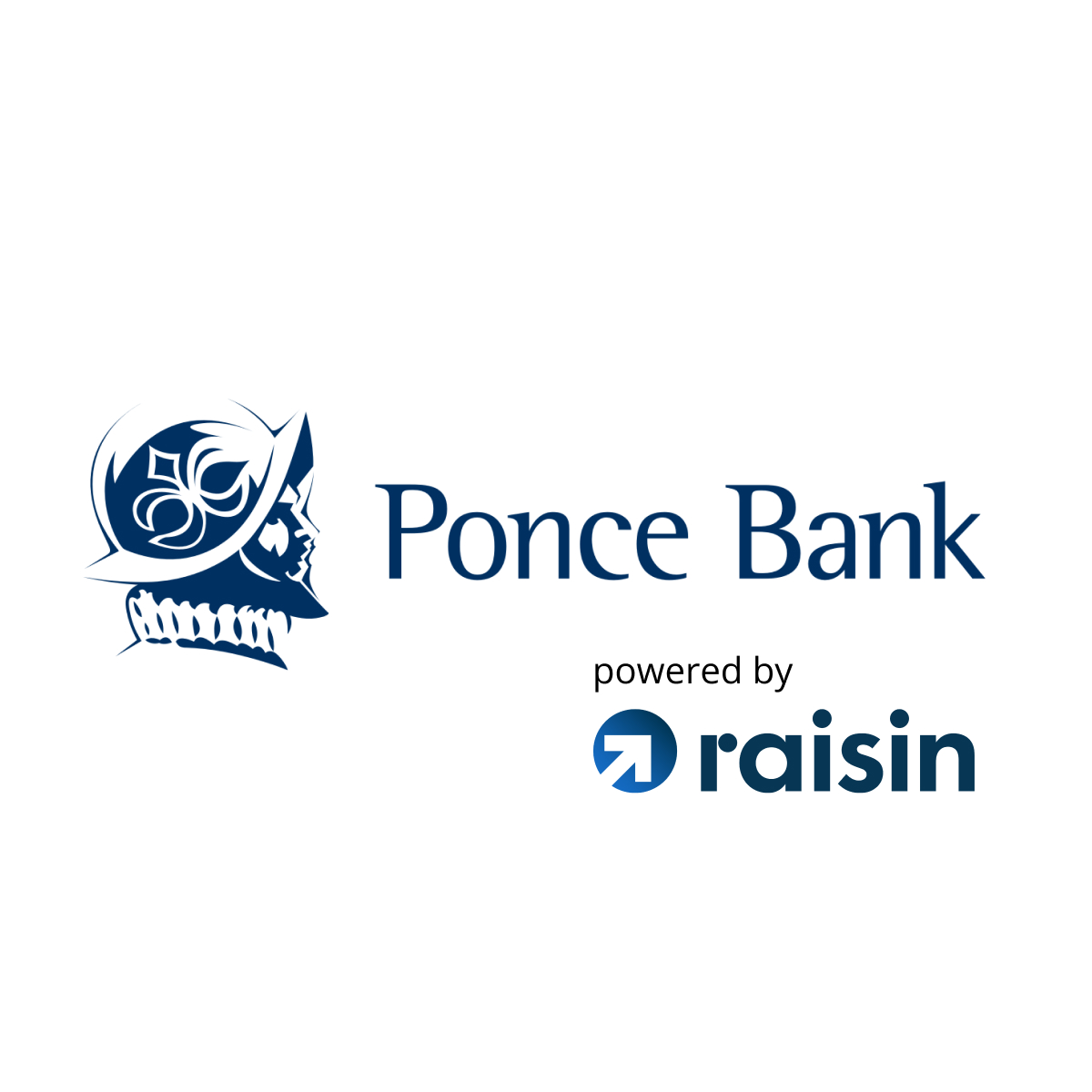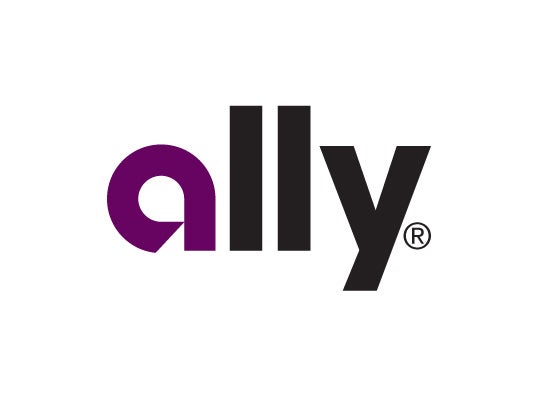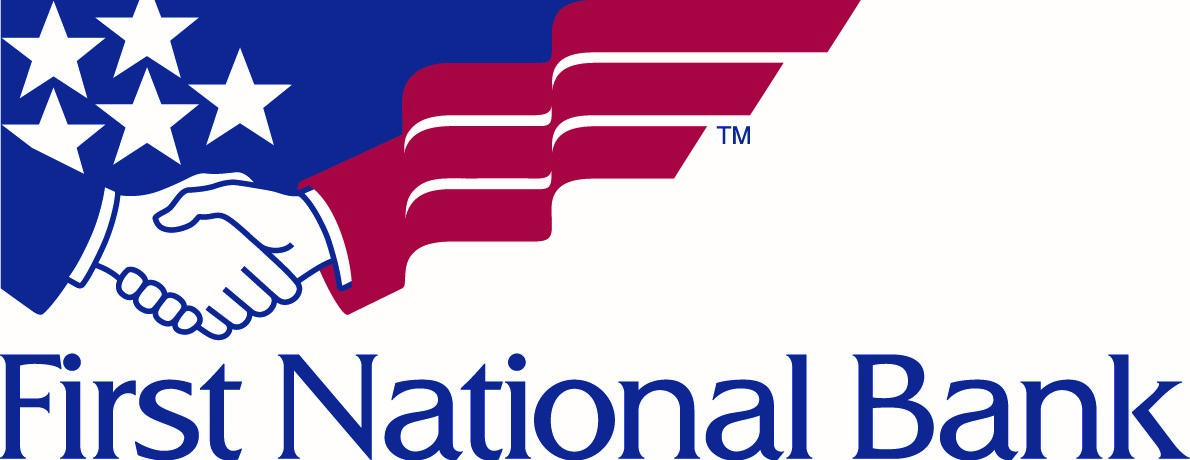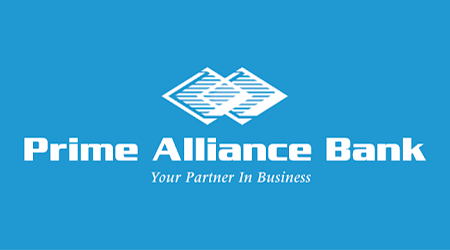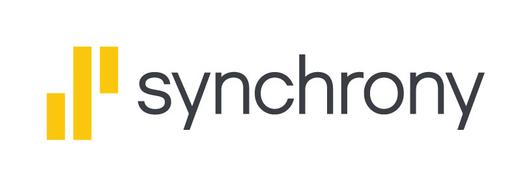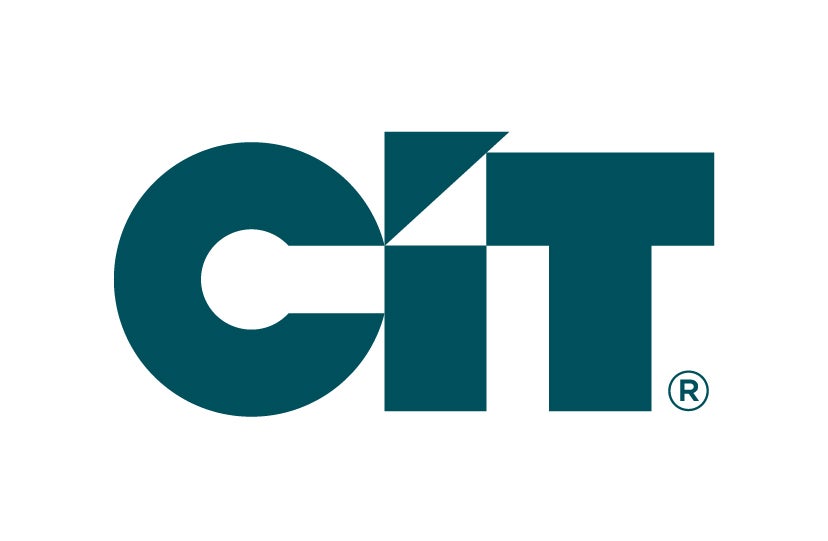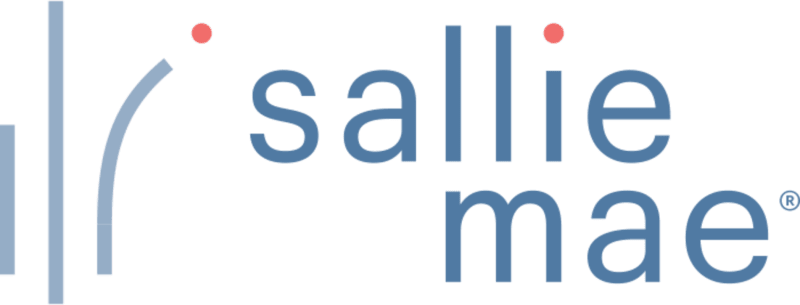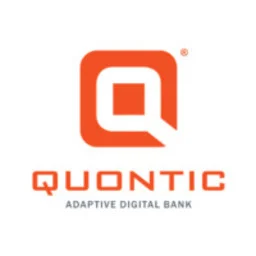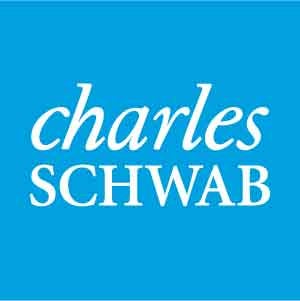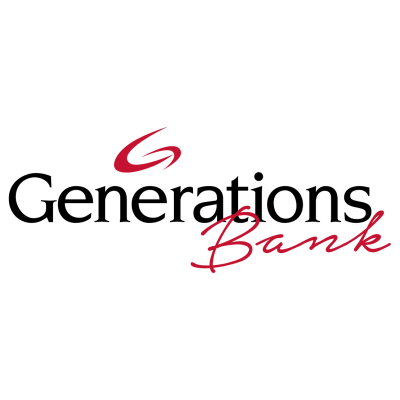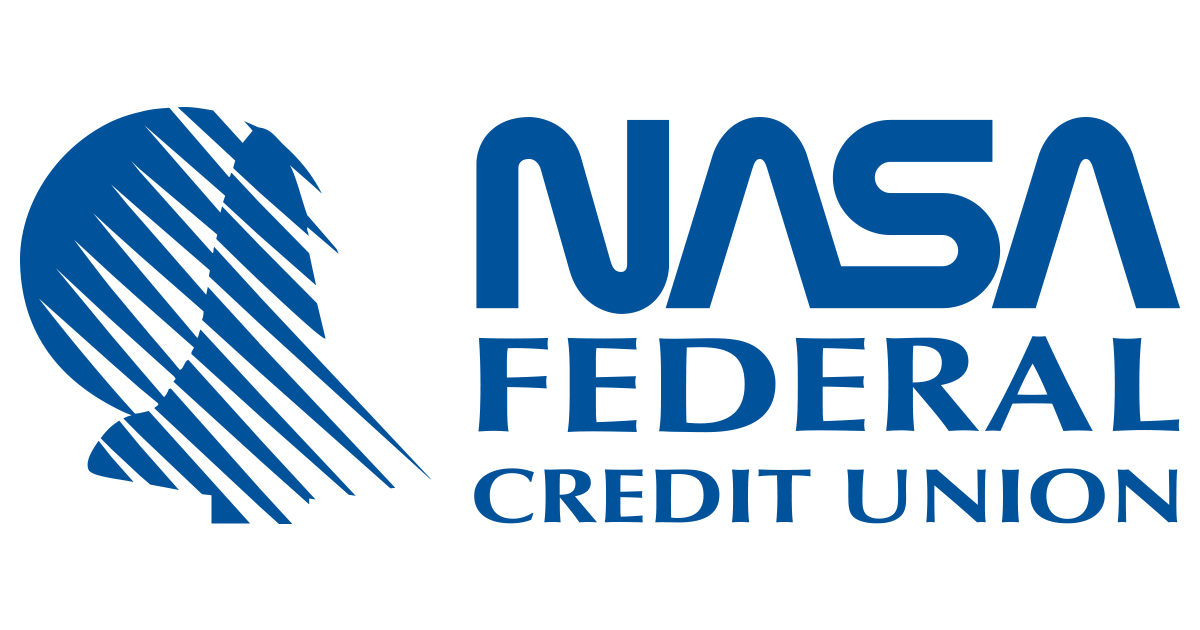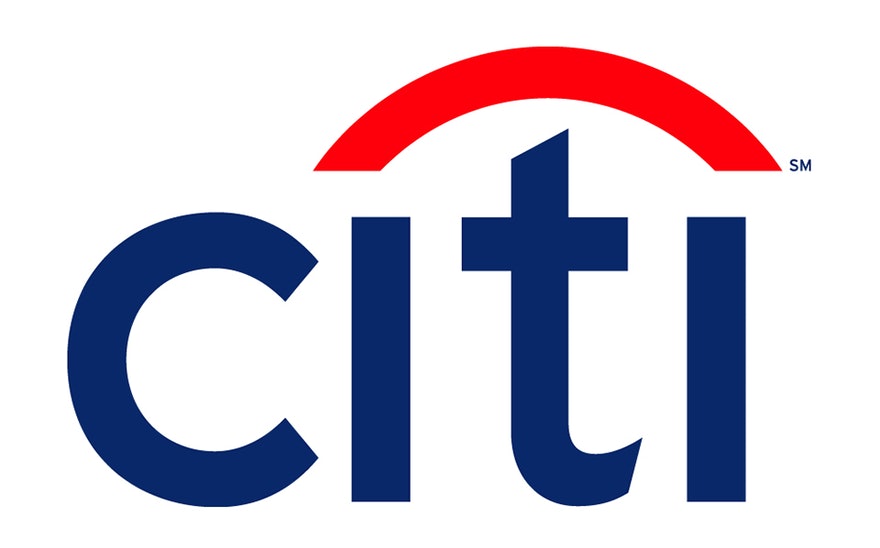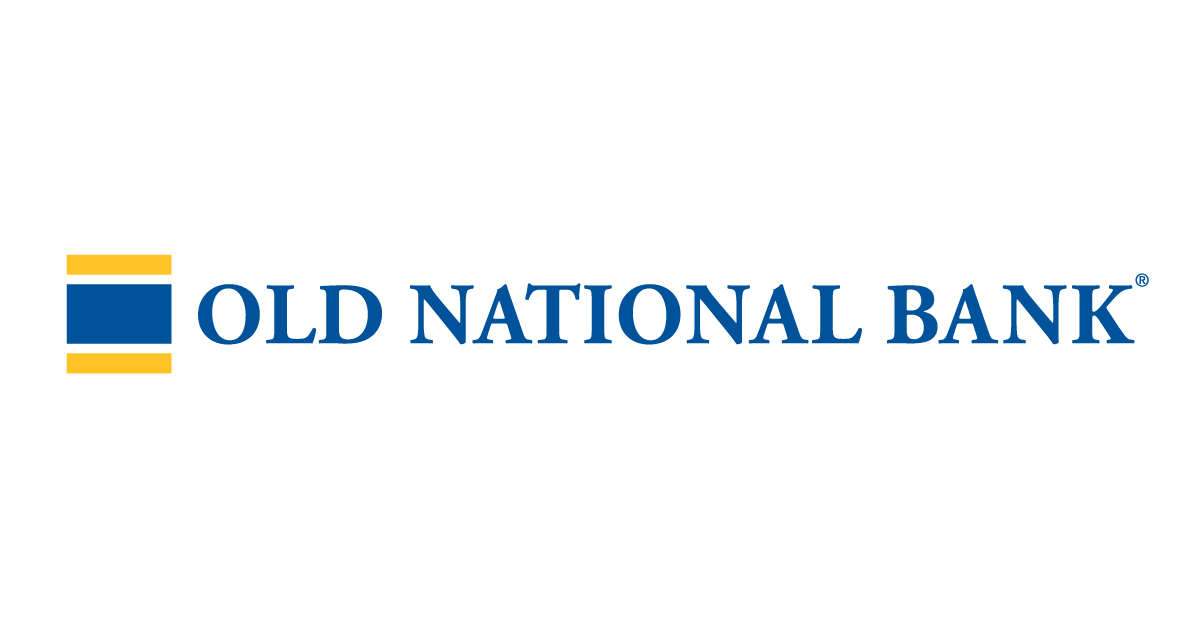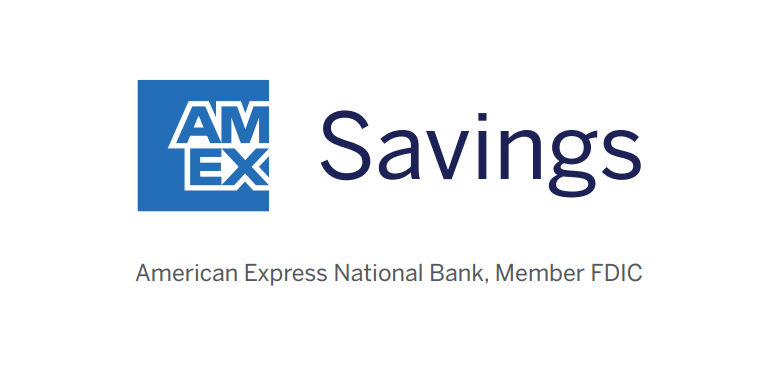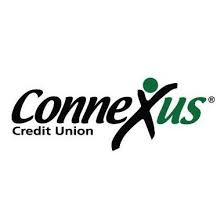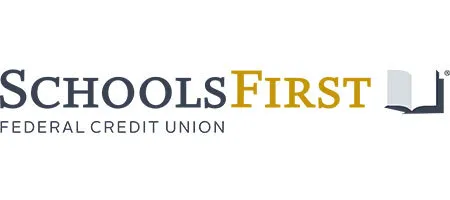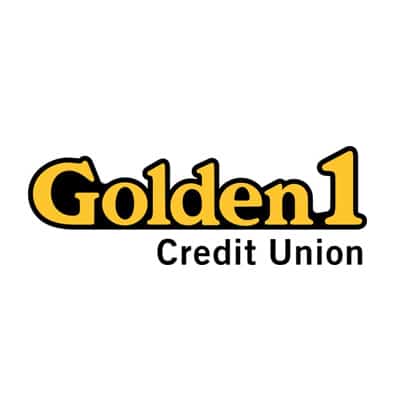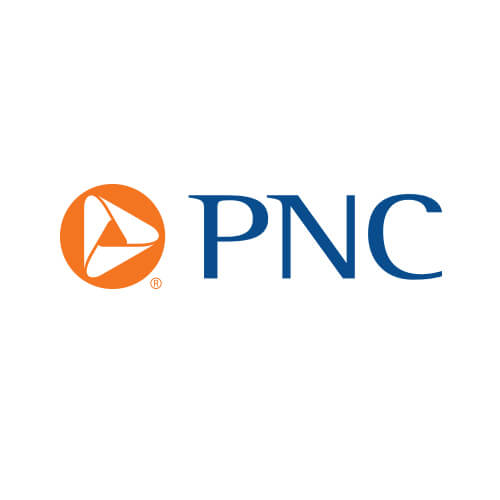If you can afford to lock up your money for a period , then a certificate of deposit can be a good way to get a higher interest rate from your bank.One way to get even more income from your savings is to use what's known as a CD ladder.
CD laddering is a strategy where you open a number of CD accounts with different maturity dates. This lets you take advantage of the higher APYs many banks offer on longer-term CDs without locking up your cash for a long time. Below, we'll look more closely at CD ladders and how to build a strategy that will work for you.
What is a certificate of deposit (CD)?
A certificate of deposit (CD) is a bank account that typically offers a higher annual percentage yield (APY) than most savings accounts. But the trade-off for this high APY is a lack of access to your funds. You agree to not touch the money again until its maturity date, which could be a few months or years down the road. And if you do need to access it early, you often pay a penalty. (The maturity date is when you get your money back, or the term of the CD. For example, a 1-year CD matures after one year, and that's when you can access those funds again.)
When you open a CD, you're essentially making a loan to your bank. You agree to deposit your money with the bank for a fixed period of time. In exchange, your bank agrees to pay you interest at regular intervals and then return your entire principal investment (the amount you originally deposited) when the CD matures.
Nearly all banks will give you options for CDs ranging from three months to five years, with plenty of choices in between. Some CDs mature in as little as a single month, but it's also possible to find CDs with terms of 10 years or even longer.
Most of the time, the longer the maturity on a CD is, the higher the APY on the CD will be. The difference between 1-year CD rates and 5-year CD rates is often about half a percentage point. In the past, that difference was even larger, sometimes reaching a full percentage point or even more. That difference might not sound like much, but on a $10,000 CD, getting an extra half percentage point means $50 extra in income each year. For a $100,000 CD, that's $500 in extra interest.
Compare our top CDs
| Bank & CD Offer | APY | Term | Min. Deposit | Next Steps |
|---|---|---|---|---|
|
Member FDIC.
| APY: 5.10% | Term: 10 Months | Min. Deposit: $0 | |
|
Member FDIC.
| APY: 4.70% | Term: 1 Year | Min. Deposit: $2,500 | |
| APY: 5.05% | Term: 1 Year | Min. Deposit: $1 | ||
| APY: 5.15% | Term: 9 Months | Min. Deposit: $1 | ||
|
Member FDIC.
| APY: 4.75% | Term: 1 Year | Min. Deposit: $500 |
How CD ladders work
Most of the time, you will get higher APYs if you choose CDs with longer maturity rates. Ideally, you'd like to get the high rates long-term CDs offer, but you might not want to lock up your savings for that long. If you need more immediate access to a portion of your savings, then a CD ladder can give you the best of both worlds.
Specifically, a CD-laddering strategy involves owning several CDs that match up well with your cash and income needs. When you're first getting started with CD ladders, you'll buy CDs with different maturities. It's typical to put equal amounts into each CD, given that most people have cash needs that are relatively consistent over time. Some prefer to use only a portion of their savings toward opening CDs initially, and then add other CD accounts later to provide even more financial flexibility.
Let's look at how this works in real life. Say you have $100,000 to invest at the beginning of the year. Here's one way you could build a CD ladder immediately:
- $20,000 into a 1-year CD
- $20,000 into a 2-year CD
- $20,000 into a 3-year CD
- $20,000 into a 4-year CD
- $20,000 into a 5-year CD
Alternatively, if you wanted to spread out your money further, you could invest $25,000 of your $100,000 total now by opening five 1-year CDs for $5,000 each. Then three months from now, you could do the same thing, and then do so every three months until you've invested all your money in CDs. The end result would be 20 CDs of $5,000 each, with one CD coming due every quarter beginning one year from when you started investing and continuing for five years.
How to build a CD ladder
To build a CD ladder, you divide your total savings among several CDs with different term lengths. For example, if you have $25,000 to invest, you might break it up like this:
- $5,000 in a 1-year CD
- $5,000 in a 2-year CD
- $5,000 in a 3-year CD
- $5,000 in a 4-year CD
- $5,000 in a 5-year CD
If these term lengths don't work for you, you could choose different ones. If you prefer short-term CDs, you might choose to spread your money between a 3-month CD, a 6-month CD, a 9-month CD, and a 1-year CD. It's all up to you.
Once your first CD matures, you can spend it or, if you'd like to continue the ladder, you can reinvest it in a new CD. Using our example above, here's how you could do that:
- When the 1-year CD matures: Invest the initial $5,000 plus interest earned into a new 5-year CD.
- When the 2-year CD matures: Invest the initial $5,000 plus interest earned into a new 5-year CD
- When the 3-year CD matures: Invest the initial $5,000 plus interest earned into a new 5-year CD
- When the 4-year CD matures: Invest the initial $5,000 plus interest earned into a new 5-year CD
- When the 5-year CD matures: Invest the initial $5,000 plus interest earned into a new 5-year CD
This gives you access to some of your money every year and eventually, all of your money will be in longer-term CDs that offer higher APYs.
The pros of CD ladders
CD ladders have two key advantages:
- They maximize your long-term interest.
- They give you regular access to a portion of your cash.
Maximize your long-term interest
Long-term CDs tend to offer higher APYs, which means more interest for you. With a CD laddering strategy, you're eventually moving all of your money into longer-term CDs so you can capitalize on these higher yields.
The table below shows what kind of a difference CD laddering can make over a decade. If you invested $25,000 in 1-year CDs that earned a 0.55% average APY, you'd end up with $26,410 at the end of 10 years. That's not a bad profit, but if you'd opted for a CD laddering strategy similar to the one described above, you'd end up with over $1,000 more thanks to the higher APYs from your long-term CDs.

Image source: Author calculations
Source: Author calculations.
Regular access to cash
It's possible to achieve an even higher return than the one illustrated in the table above if you just invested all of your savings in a 5-year CD from the start. But this isn't ideal for a lot of people because it means all your savings is locked up for a long time.
The advantage to CD laddering is that a portion of your money is accessible at regular intervals. So if need be, you can withdraw it without worrying about penalties. Even if you don't need the money right away, the fact that your CDs mature regularly leaves you free to switch banks if you find a better CD rate somewhere else in the future.
Safe investment strategy
Using a CD ladder is a relatively safe investment strategy since deposits up to $250,000 are FDIC-insured. If you're using a similar strategy with share certificates at a credit union, deposits up to $250,000 will be covered by the National Credit Union Share Insurance Fund.
The cons of CD ladders
To be clear, CD laddering isn't ideal for every purpose. They have a few drawbacks, including:
- They have a lower average rate of return than stocks.
- They carry early withdrawal penalties if you take money out before the maturity date.
- High APYs on longer deposits aren't guaranteed
Lower average rate of return than stocks
CDs are a popular choice for short-term investments, but over the long term, stocks usually do much better. If you don't expect to use your savings in the next five years, you're better off investing it.
There is a risk of loss associated with investing that CDs don't have, but the potential upsides often make it worth it. As long as you're diversifying your funds, this shouldn't be a huge concern -- again, assuming you don't plan to spend the money in the near future.
Early withdrawal penalties
Most CDs impose an early withdrawal penalty if you take money out before the maturity date. Usually, this is a portion of the interest you would have earned if you'd left the money alone. And the earlier you withdraw the money, the larger the penalty is.
Each bank has its own early withdrawal penalty system, and you should know what this is before you open the CD. Ideally, you should feel confident that you won't need to use the money before the maturity date in the first place.
How to get started with your CD ladder
You can open CDs with most brick-and-mortar or online banks. Some credit unions also have them, though they refer to CDs as share certificates.
Each bank has its own set of CD terms and imposes its own minimum deposit amount for each CD you open. Some may only require a few hundred dollars while others may require $1,000 or more.
When choosing which bank to open a CD with:
- Make sure you're comfortable with the minimum deposit amount.
- Familiarize yourself with its terms and early withdrawal penalty.
If you're planning a CD ladder:
- Think about how much money you have and which terms best suit you.
- Check which banks have the most competitive rates for the terms you're considering before you open any accounts.
- Know you don't have to open all your CDs with a single bank.
If you don't feel confident planning out your CD laddering strategy alone, get in touch with a professional, like an advisor you trust at your favorite bank, so they can help you map out your strategy.
CD ladder vs. high-yield savings account
CDs are similar to high-yield savings accounts, but there are a few key differences between them. CDs lock your money up for months or even years, but savings accounts enable you to withdraw your money whenever you want. Some even offer an ATM card.
CDs tend to offer higher APYs than what you'll find with most savings accounts. However, the best high-yield savings accounts offer rates that are usually pretty close to the best CD rates we've seen.
High-yield savings account comparison
We recommend comparing high-yield savings account options to ensure the account you're selecting is the best fit for you. To make your search easier, here's a short list of standout accounts.
Show Best Offers Available in
High APYs on longer deposits aren’t guaranteed
Usually, long-term CDs will yield higher rates than shorter-term CDs, but that’s not always the case. In mid-2023, shorter-term CDs are actually yielding higher rates than longer-term CDs. In August 2023, for example, the national average APY for a 12-month CD was 1.76% vs. 1.41%, according to the Federal Deposit Insurance Corporation (FDIC).
That’s because we have an inverted yield curve, which happens when short-term debt produces higher yields than long-term debts. This phenomenon happens when interest rates are high. Essentially, banks are predicting interest rates will drop at some point, so they don’t want to get stuck paying higher rates for the next several years.
It’s probably not worth locking away your money for several years when short-term CDs are paying better rates. In that case, you could build a CD ladder and choose CDs with short-term maturity dates.
Is CD laddering right for you?
Having a nest egg of secure savings is important, and if you want to get the most income from it that you can, CD ladders are a good strategy to use. By setting up a CD ladder, you'll be able to boost your effective interest rate while still keeping the financial flexibility to get access to a portion of your money on a regular basis. That's exactly what many savers want.
See our best CD rates:
FAQs
-
CD laddering is a good idea if you want to maximize the interest you earn on money you keep at a bank or credit union and you don’t have an immediate need for the money. However, it’s not a substitute for investing for retirement. The interest you earn on CDs may not keep pace with inflation.
-
As of August 2023, the best 1-year CD rates were about 5% APY. That means a 1-year, $10,000 CD would earn $500 by the end of the year. If you were using a CD laddering strategy, you’d then have $10,500 to reinvest.
-
A CD ladder is basically multiple CDs with different maturity dates. The advantage of a CD ladder over a single CD is that, normally, longer-term CDs pay higher interest rates. You get exposure to some longer-term (typically higher) interest rate, while giving you access to some of your money in the shorter term.
Our Banking Experts
We're firm believers in the Golden Rule, which is why editorial opinions are ours alone and have not been previously reviewed, approved, or endorsed by included advertisers. The Ascent does not cover all offers on the market. Editorial content from The Ascent is separate from The Motley Fool editorial content and is created by a different analyst team.



